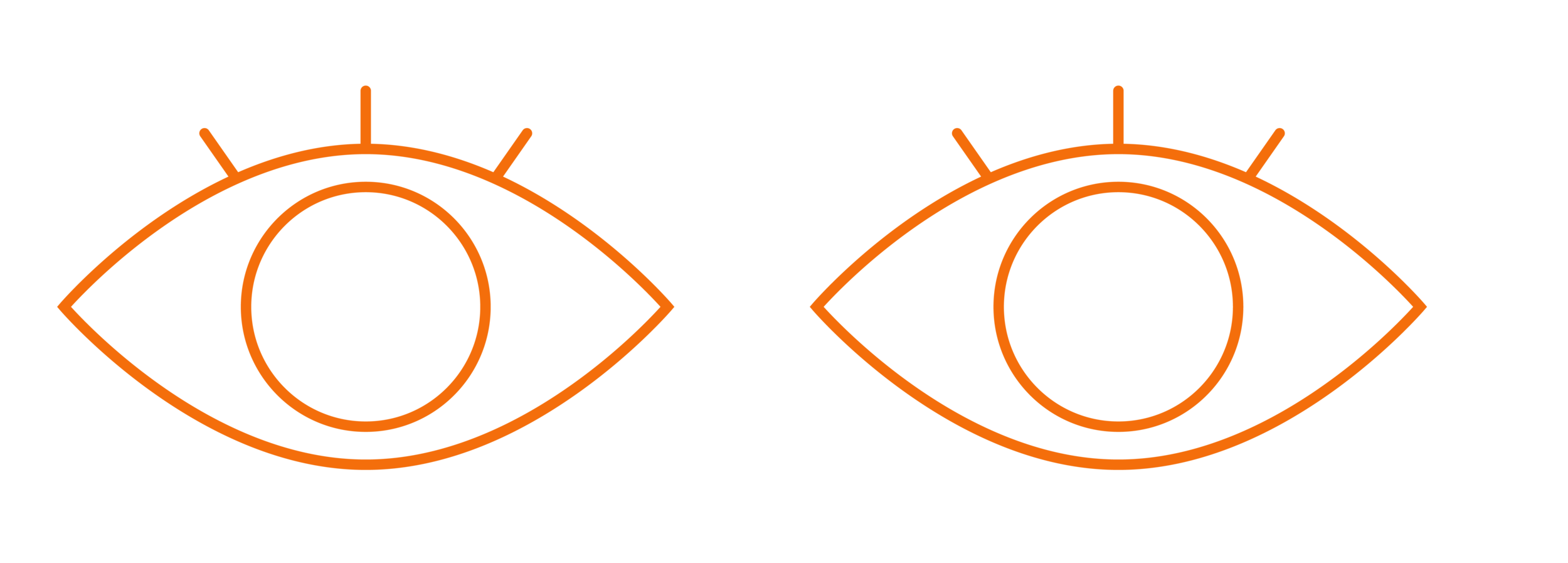I feed my CHI 2024 notes into Claude.AI for a David Foster Wallace spin, here is how it goes. Brace yourself…
So you're at CHI Conference on Human Factors in Computing Systems 2024, right? And it's in Honolulu, which is already a mindf**k of epic proportions because here you are, ostensibly to delve into the cutting edge of human-computer interaction, but you're surrounded by wild roosters and palm trees that seem to be staging a slow-motion coup of the entire island[1]. The juxtaposition is so on-the-nose it's almost painful, like the universe is trying too hard to be ironic.
The convention center itself is this architectural fever dream of glass and foliage, where the outside is inside and vice versa, and during rainstorms the roof becomes this massive, accidental art installation of liquid percussion that makes you wonder if you've accidentally stumbled into some avant-garde performance piece rather than an academic conference[2].
And then there's the conference itself, this swirling vortex of Big Ideas and jargon and earnest grad students trying to network without looking like they're trying to network. You're ostensibly here to learn about HCI, but what you're really doing is participating in this elaborate social dance, a kind of academic Hunger Games where the prize is belonging rather than survival[3].
You find yourself in talks about AI ethics, which is kind of like discussing the moral implications of teaching a toddler to use a flamethrower while the house is already on fire. There's Kate Crawford, dropping truth bombs about the hidden costs of our digital utopia – water usage, labor exploitation, mineral wars – and you're nodding along, feeling simultaneously enlightened and complicit[4].
The real action, though? It's in the margins. The invite-only parties become this weird meta-game, a social puzzle box where the solution is always "who you know" but the rules keep changing. You're navigating this labyrinth of social and intellectual connections, each conversation a potential rabbit hole of collaborative possibilities or academic dead ends.
And all the while, there's this undercurrent of existential dread, right? Because you're participating in discussions about the future of human-computer interaction while being hyper-aware that said interaction is already reshaping the very fabric of human existence in ways we can barely comprehend[5].
But here's the kicker: Despite the intellectual vertigo, the social anxiety, the crippling imposter syndrome that threatens to swallow you whole at any moment – you're having the time of your life. Because CHI 2024 isn't just a conference, it's a mirror maze reflection of the chaotic, beautiful, terrifying world we're creating, one line of code at a time.
And as you board your flight home, brain buzzing with new ideas and business cards stuffed in every pocket, you can't help but wonder: Was it all real, or just an elaborate simulation designed to test the limits of human cognitive processing? And does it even matter?[6]
[1] The irony of discussing digital futures while surrounded by nature's analog persistence is not lost on you. It's as if the palm trees are silently mocking our hubris, their fronds waving dismissively at our puny attempts to outdoLl Mother Nature's billions of years of R&D.
[2] You briefly consider pitching "Raindrops on Glass: An Exploration of Unintentional Percussive Interfaces" as your next research project, before remembering that you're supposed to be focused on "serious" work. Whatever that means in a field where people earnestly discuss the emotional life of smart toasters.
[3] The parallels between academic conferences and elaborate mating rituals of certain bird species are striking. Both involve colorful displays, complex vocalizations, and a lot of strutting. The main difference is that the birds are probably more honest about their intentions.
[4] You make a mental note to offset your AI guilt by planting a tree or adopting a whale or something equally futile but emotionally satisfying.
[5] It's like being a character in a sci-fi novel who's just realized they're in a sci-fi novel, but the author is an AI that's still learning how plots work.
[6] Spoiler alert: It doesn't. Or does it? Welcome to the wonderful world of HCI, where even reality is user-configurable.

